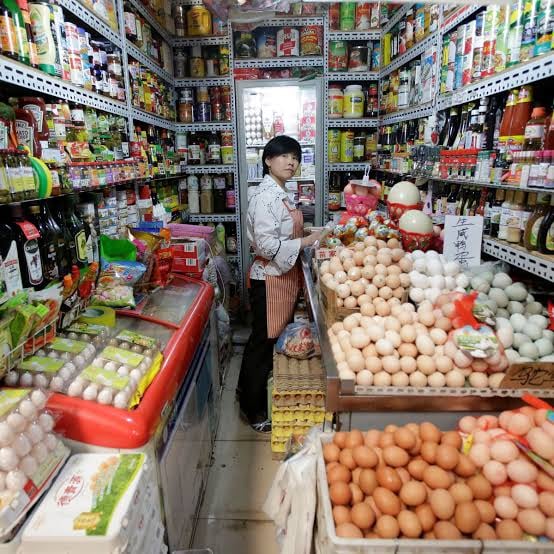China Tips into Deflation Territory

In a worrying economic shift, China's consumer prices last month fell for the first time in over two years, a telltale sign of the slowing economic recovery following the global pandemic. Recent figures reveal a deflationary trend that threatens to further hamper the world's second-largest economy.
China’s Consumer Price Index (CPI) declined by 0.3% in July, following a stagnant performance the previous month. This decline is part of a pattern pointing to an increasingly negative economic forecast, further evidenced by last month's 14.5% drop in exports – the steepest decline in three years and the third consecutive monthly drop.
Deflation is a worry for policymakers, as decreased prices typically lead to reduced consumer spending and production, often resulting in layoffs and pay cuts.
In an effort to stabilize the situation, Beijing has unveiled a slew of policy measures aimed at bolstering the economy. These include greater support for private enterprise, with additional policies anticipated to be rolled out in the coming weeks. However, analysts remain skeptical about the immediate success of these efforts.
What does this mean for me?
With China's economic momentum continuing to lose traction due to stagnant domestic demand, many experts are uncertain if recently announced policies will be sufficient to rejuvenate the economy in the short term. The latest CPI deflation figures are expected to increase the pressure on the government to consider further fiscal stimulus.
The current economic scenario presents a crucial test for China, demanding a delicate balance of policy and action. With the world watching, Beijing's next moves will be critical in shaping both the domestic economic landscape and global markets.
More News
.webp)
Canada Shields Steel and Lumber Industries From Tariffs
6 hours ago

Trump Drops Selected Tariffs in Response to Inflation Pressures
2 days ago

Tariffs on Mexico Test Nuevo Leon’s Industrial Momentum
6 days ago

US Moves to Ease Latin American Tariffs as Food Inflation Mounts
1 week ago

Japan Faces First GDP Shrinkage in Six Quarters as Tariffs Bite
1 week ago

India’s Inflation Dip Strengthens Case for RBI Easing
2 weeks ago

Europe Rallies as Shutdown Eases, Earnings Impress
2 weeks ago

Germany’s Trade Surplus Slides as Imports Outpace Exports
2 weeks ago